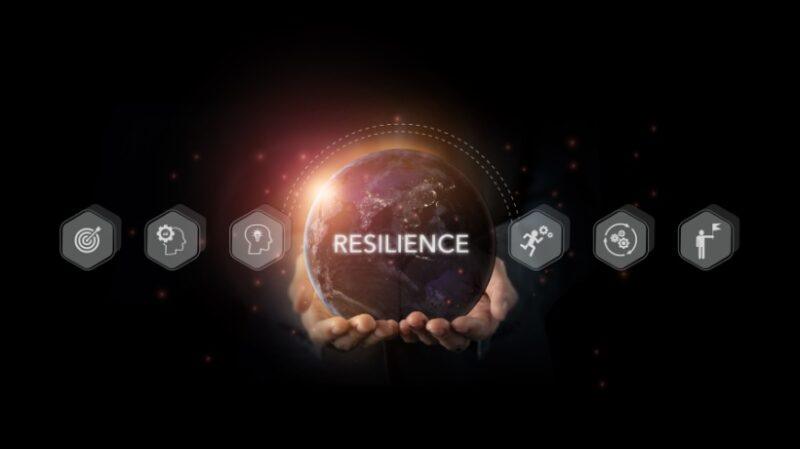

The Freedom Online Learning Provides
Online learning offers opportunities for individual learners to build resilience as they continue to learn at their own pace while using technology. This article explains just how online learning builds resilience and provides simple tips on how to enhance this valuable quality.
Building Resilience With Online Learning
Online learning gives learners the freedom to have control over their education. In traditional classrooms, a teacher dictates when to study, whereas in an online learning setting, a learner is in control of their time and place of study. This develops several significant skills, such as time management, concentration, and problem-solving. These skills make the learner more resilient and ready for future challenges.
It introduces students to new technologies and ways of thinking from all over the world. This helps learners find solutions to problems and adapt easily to new situations. In addition, learning at one’s own pace reduces stress levels and gives time to recover from setbacks.
Tips And Strategies For Developing Resilience
Here are simple tips for developing resilience while learning online:
1. Take Charge Of Your Learning
Resilience begins with taking charge of your education. Using online learning, you can easily set your goals and make a study plan. Start by making small, clear goals that are easy to achieve. This will help you stay on track even when things get tough. Teachers will also help by giving you ideas for setting goals and checking on progress.
2. Be Flexible With Different Learning Materials
Online learning covers various forms of material, such as videos, quizzes, and interactive lessons. If you abhor reading lessons, you may opt to try a video or an interactive activity. Flexibility in trying various ways of learning helps you build resilience, teaching you to adapt when you face a challenge.
3. Growth Mindset
A growth mindset believes in improving one’s skills continuously because there is a possibility of doing so with labor and effort. Online learning points towards betterment rather than perfection. Whenever you make an error, consider it an opportunity to get an improved learning curve. Online courses give you feedback in areas with scope for improvement. It keeps you stay motivated and move forward even when things get tough.
4. Learn To Manage Time
Your time is the key to success. Without a fixed class schedule, it’s up to you to manage your own time. To smoothen the process, you have to create a study plan that will have a regular schedule. It also helps you prioritize your daily tasks. It will not only help you in your studies but also prepare you for real-life challenges.
5. Don’t Feel Alone In Online Learning
Online learning won’t ever feel lonely because most online learning systems include discussion groups or forums as well as study groups and other resources to help develop this resilience among learners, by sharing with their peers such challenges that are encountered and receiving advice from other people. Teachers can also encourage team learning.
6. Learn How To Control Stress
Sometimes it can be very stressful to study, especially online. One of the most important things to know to develop resilience is stress management. Try practicing various techniques such as meditation and deep breathing. These may help you concentrate and keep calm. In this scenario, teachers can also advise on how one can have a balance of study time and personal time.
7. Reflect On Your Progress
It is important to track your progress to see how far you have come. You need to think about the challenges you faced and how you overcame them. You can celebrate your successes and find areas for improvement. Online courses have tools that help you to trace your growth, whether academically or personally, improving time management and developing problem-solving skills.
Conclusion
Building resilience is a key to success. The processes of online learning always call on learners to take charge of their education and competency development, thus utilizing the strategies that have been discussed above to develop one’s time management skills, stress management techniques, as well as training oneself in a growth mindset. Such challenges readily equip learners with knowledge, experience, and the ability to rebound when failure occurs. Most importantly, they prepare people to embrace future uncertainties, since in such a fast-moving and constantly changing world, one always needs more resilience as a foundation for lifelong learning and growth.